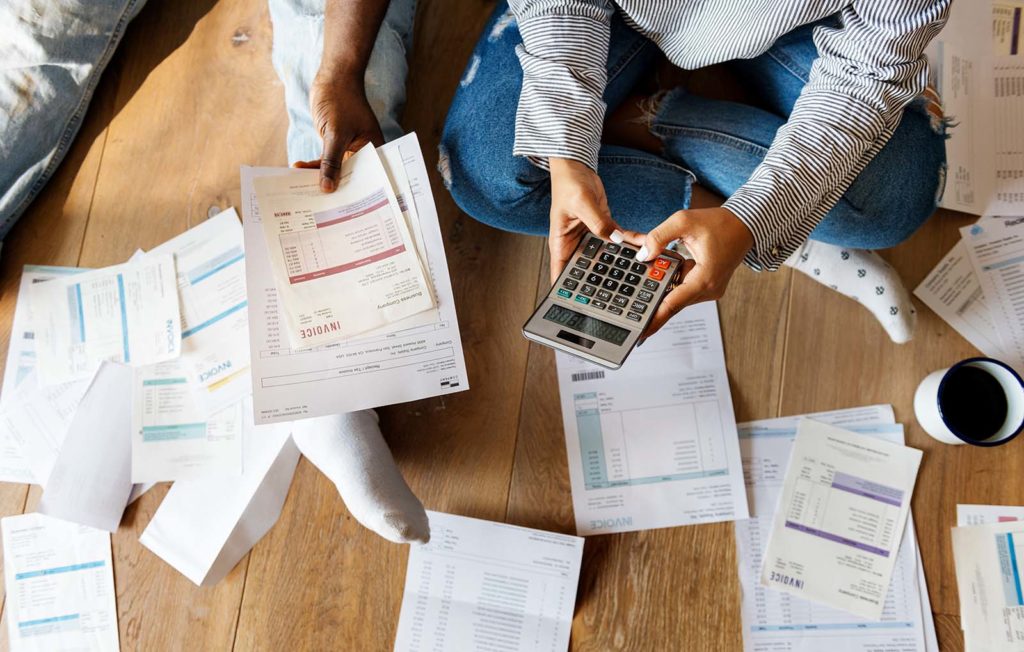Contents
In this article, we explore why a debtor may struggle to make agreed DAS payments, what might happen, and how this could all affect an existing DPP.
What happens if you fail to make a debt arrangement scheme payment?

Even if you set out using a debt solution with the best intentions, there are of course times when paying your DPP could become difficult. If you lose your job, suffer from a reduction in your income or are faced with an unexpected but essential cost, it can be difficult to predict what the future holds.
As a DPP is a relatively long term debt solution, it’s important to know what could happen if you are unable to make your regular repayments. The first and perhaps most important point to note is that failing to make a DPP payment without the approval of a Debt Arrangement Scheme Administrator could lead to your DPP being revoked. If this happens you will no longer be protected from any enforcement action taken by your creditors, who could take court action to sequester you.
If your DPP is revoked, you will also lose the other protections provided by the DAS and creditors will be permitted to reapply interest, charges, penalties and fees against your debt. The fact that your DPP was revoked could even be held against you should you reapply in the future.
Can you reduce your debt payment programme payment?
The debt arrangement scheme and the payment programmes set up under its provisions are designed to recognise that people’s financial circumstances change. DPPs are widely regarded as a flexible debt solution, and this means that if you are struggling to make your regular repayments you can seek help from the money adviser who deals with your case. It may be possible to reduce the amount that you pay – whether on a temporary or permanent basis.
Remember, however, that whilst reducing the amount you pay may help you to manage your finances and repayments, it could also make the term of your DPP longer as you will still be required to settle your debts in full.
Can you take a break from DPP payments?
If your situation means that you really are not in a position to continue making your regular DPP payments, it is possible to take a payment break or payment ‘holiday’. If your financial circumstances have dramatically changed and your income has reduced by more than 50%, it is possible to take a temporary break from making DPP payments for up to six months. Such a break could be taken to help you get back on your feet, perhaps after losing your job, taking maternity or paternity leave or after another serious life event.
If you feel that you may need a break from making DPP payments, it’s important to involve your approved money adviser and a Debt Arrangement Scheme Administrator at an early stage and failing to inform them could spell trouble for your use of the DAS.
Bottom line
A Debt Payment Programme set up under the Debt Arrangement Scheme can help debtors to manage problematic debt but is dependent on them being able to make regular repayments towards what they owe. Fortunately, the scheme takes a flexible approach to solving debt issues and recognises that a debtor’s circumstances can change at any time. If you are on a DPP and find that you cannot afford to make your regular repayments, contacting an approved money adviser and reviewing your payment amount could prevent your DPP from failing and keep your financial recovery on track.

